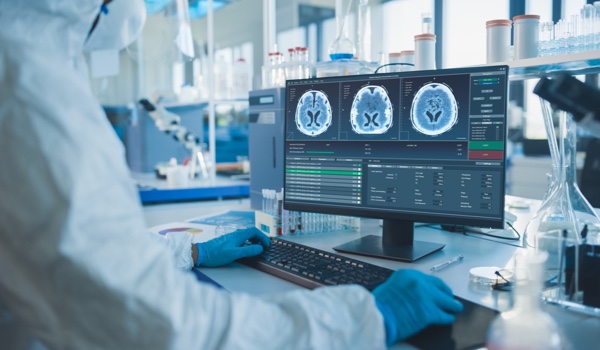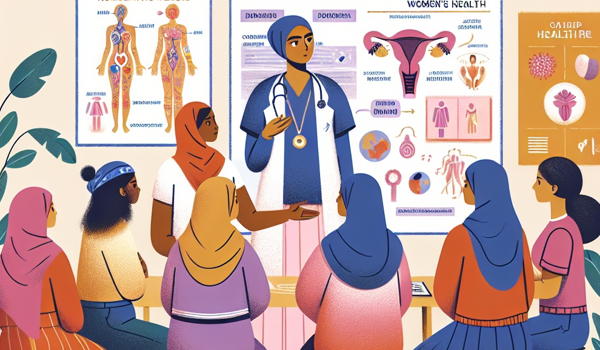


Day 12
Mumbai was an entrepôt millennia ago for Indian trade with Persia and Egypt. The Portuguese named it Bom Bahia - Good Bay - Anglicized as Bombay. Dr Marcus Ranney guides The Yuan in this finance hub on day 12 of our voyage to show how AI is providing many Indians with healthcare.Shifeng Wang
Chief Editor, The Yuan
MUMBAI - Many articles focus on the abstract concept of whether AI represents humanity’s salvation or its doom. However, looking at AI from the perspective of India, the world’s most populous nation, what if AI is the ultimate solution to the country’s overcrowded hospitals, long wait times, lack of medical supplies and equipment, and insufficient funding - especially in rural areas - that continue to plague the foundation of its healthcare system?
Never mind human evolution: It is the digital revolution that is currently taking the world by storm. From boardrooms to classrooms, the depths of virtuality are orchestrating the symphony of communication around the world.
Large language models (LLMs) like ChatGPT interact with technology differently than traditional machine learning (ML) models. A new LLM, BioGPT-JSL, recently released by John Snow Labs can cover a huge range of healthcare uses, from interpreting medical research to simplifying patient inquiries and condensing clinical encounters. LLMs like this are specifically being developed for the medical domain, and with better predictive accuracy. These language models can be useful to develop better clinical prediction models using large datasets of electronic health records.
LLMs and AI chatbots like ChatGPT, Google Bard, BERT, XLNet, and PaLM 2 are revolutionizing AI based technologies. GPT-4, the latest iteration of ChatGPT, was recently released by OpenAI. It is a large multimodal model able to scale up deep learning. Its previous incarnation, GPT-3, had also developed a tool known as The Health-GPT to provide health-related information through chat interfaces. This is certainly impressive and holds the potential to revolutionize the way healthcare is accessed and administered but com
The content herein is subject to copyright by The Yuan. All rights reserved. The content of the services is owned or licensed to The Yuan. Such content from The Yuan may be shared and reprinted but must clearly identify The Yuan as its original source. Content from a third-party copyright holder identified in the copyright notice contained in such third party’s content appearing in The Yuan must likewise be clearly labeled as such. Continue with Linkedin
Continue with Linkedin
 Continue with Google
Continue with Google










 664 views
664 views







